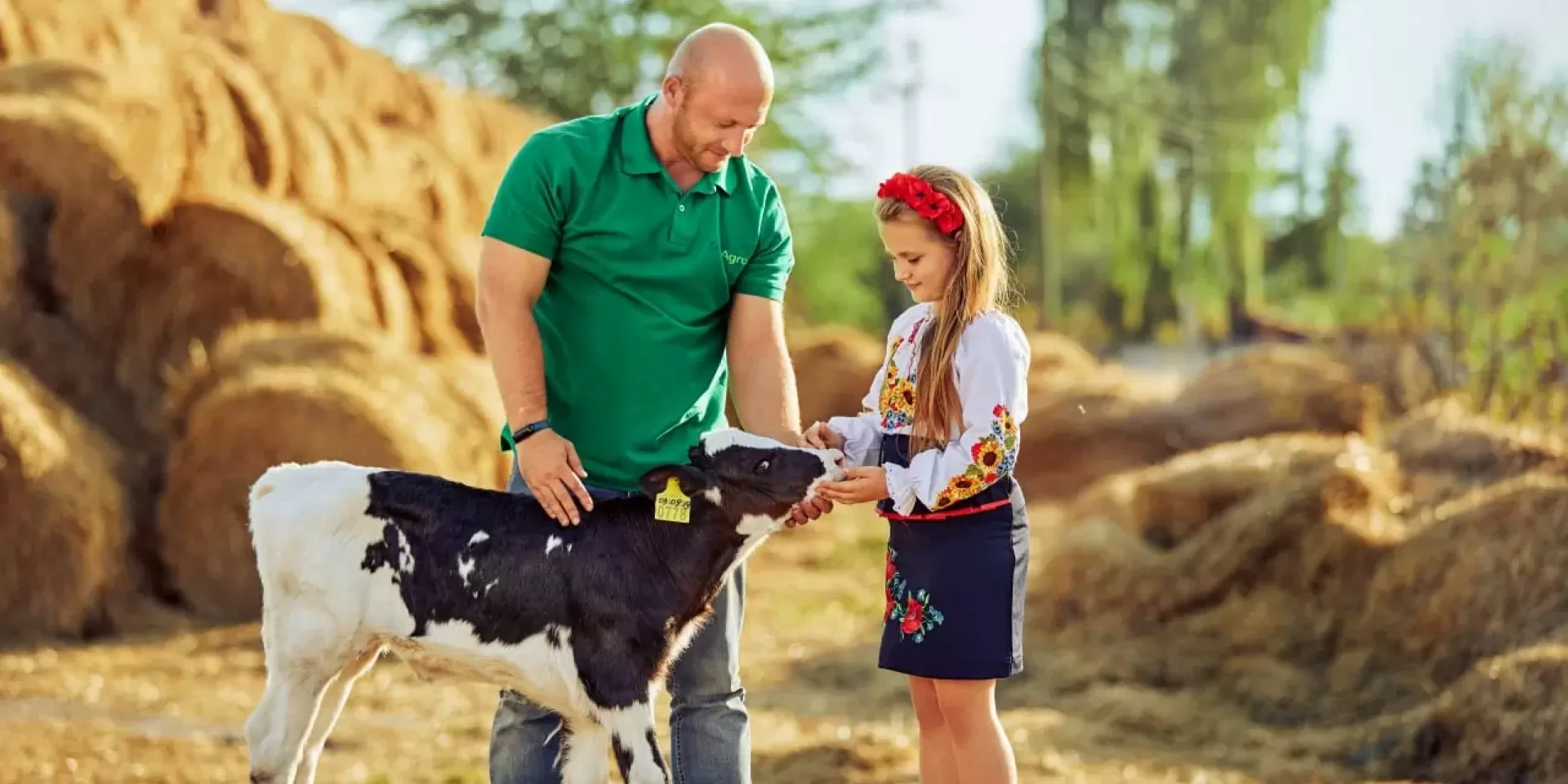- Afrikaans
- Albanian
- Amharic
- Arabic
- Armenian
- Azerbaijani
- Basque
- Belarusian
- Bengali
- Bosnian
- Bulgarian
- Catalan
- Cebuano
- Corsican
- Croatian
- Czech
- Danish
- Dutch
- English
- Esperanto
- Estonian
- Finnish
- French
- Frisian
- Galician
- Georgian
- German
- Greek
- Gujarati
- Haitian Creole
- hausa
- hawaiian
- Hebrew
- Hindi
- Miao
- Hungarian
- Icelandic
- igbo
- Indonesian
- irish
- Italian
- Japanese
- Javanese
- Kannada
- kazakh
- Khmer
- Rwandese
- Korean
- Kurdish
- Kyrgyz
- Lao
- Latin
- Latvian
- Lithuanian
- Luxembourgish
- Macedonian
- Malgashi
- Malay
- Malayalam
- Maltese
- Maori
- Marathi
- Mongolian
- Myanmar
- Nepali
- Norwegian
- Norwegian
- Occitan
- Pashto
- Persian
- Polish
- Portuguese
- Punjabi
- Romanian
- Russian
- Samoan
- Scottish Gaelic
- Serbian
- Sesotho
- Shona
- Sindhi
- Sinhala
- Slovak
- Slovenian
- Somali
- Spanish
- Sundanese
- Swahili
- Swedish
- Tagalog
- Tajik
- Tamil
- Tatar
- Telugu
- Thai
- Turkish
- Turkmen
- Ukrainian
- Urdu
- Uighur
- Uzbek
- Vietnamese
- Welsh
- Bantu
- Yiddish
- Yoruba
- Zulu
10 月 . 12, 2024 15:48 Back to list
ivermectin injectable for cattle
Ivermectin Injectable for Cattle A Comprehensive Overview
Ivermectin is a widely used antiparasitic medication that is especially effective in treating a variety of parasitic infections in livestock, including cattle. The injectable form of ivermectin is particularly popular due to its efficacy, ease of administration, and safety profile. This article aims to provide a comprehensive overview of ivermectin injectable for cattle, discussing its uses, benefits, dosage, and precautions.
Uses of Ivermectin in Cattle
Ivermectin belongs to a class of drugs known as macrocyclic lactones, which are derived from the fermentation of the bacterium *Streptomyces avermitilis*. It works by interfering with the nervous system and muscle function of parasites, leading to their paralysis and eventual death. The injectable form is primarily employed to control various internal and external parasites in cattle, including
1. Gastrointestinal Nematodes Ivermectin is effective against common worms such as *Ostertagia*, *Haemonchus*, and *Cooperia*, which can severely impact the health and productivity of cattle. 2. Lungworms The injection helps manage lungworm infestations, which can cause respiratory issues and decrease livestock performance.
3. Ectoparasites It is effective against external parasites such as lice, mites, and horn flies, which can cause significant irritation and stress in cattle.
Benefits of Injectable Ivermectin
One of the primary advantages of using ivermectin injectable formulations is the practical application process. For farmers and veterinarians, administering an injection is typically quicker and more straightforward than oral treatment methods, especially in larger herds. Additionally, the injectable form ensures that the medication bypasses the gastrointestinal tract, providing rapid absorption and onset of action.
Another significant benefit is the prolonged residual activity of ivermectin
. Depending on the formulation, it can offer extended protection against reinfestation, translating to fewer treatments over time, which is both cost-effective and less stressful for the animals.ivermectin injectable for cattle

Dosage and Administration
The proper dosage of ivermectin injectable for cattle depends on the weight of the animal and the formulation of the product used. Typically, the recommended dosage is 200 micrograms of ivermectin per kilogram of body weight. It is crucial to follow the manufacturer's instructions regarding dosing intervals and administration routes to ensure effectiveness and safety.
When administering ivermectin, it is vital to use sterile techniques, ideally by a trained professional, to minimize the risks of infections or complications. The injection is usually administered subcutaneously (under the skin) or intramuscularly, depending on the specific formulation.
Precautions and Considerations
While ivermectin is generally considered safe for cattle, there are some precautions that livestock producers should be aware of
- Withdrawal Period After treatment, there may be a specified withdrawal period before the animal can be sent to slaughter or before their milk can be consumed. Farmers should consult product labels to determine the appropriate waiting times. - Resistance Management Over time, the repeated use of ivermectin and similar antiparasitics may lead to the development of resistance in parasite populations. Therefore, it is essential to implement a comprehensive parasite management program that includes rotation of dewormers and other integrated pest management strategies. - Veterinary Supervision It is always advisable to involve a veterinarian in the treatment plan for livestock to ensure proper diagnosis and effective use of ivermectin and other medications.
Conclusion
Ivermectin injectable is a vital tool in the management of parasite infestations in cattle, contributing significantly to the health and productivity of the livestock industry. By understanding its uses, benefits, and precautions, farmers can make informed decisions to ensure the health and well-being of their cattle while promoting sustainable agricultural practices.
-
The Power of Radix Isatidis Extract for Your Health and Wellness
NewsOct.29,2024
-
Neomycin Sulfate Soluble Powder: A Versatile Solution for Pet Health
NewsOct.29,2024
-
Lincomycin Hydrochloride Soluble Powder – The Essential Solution
NewsOct.29,2024
-
Garamycin Gentamicin Sulfate for Effective Infection Control
NewsOct.29,2024
-
Doxycycline Hyclate Soluble Powder: Your Antibiotic Needs
NewsOct.29,2024
-
Tilmicosin Premix: The Ultimate Solution for Poultry Health
NewsOct.29,2024













